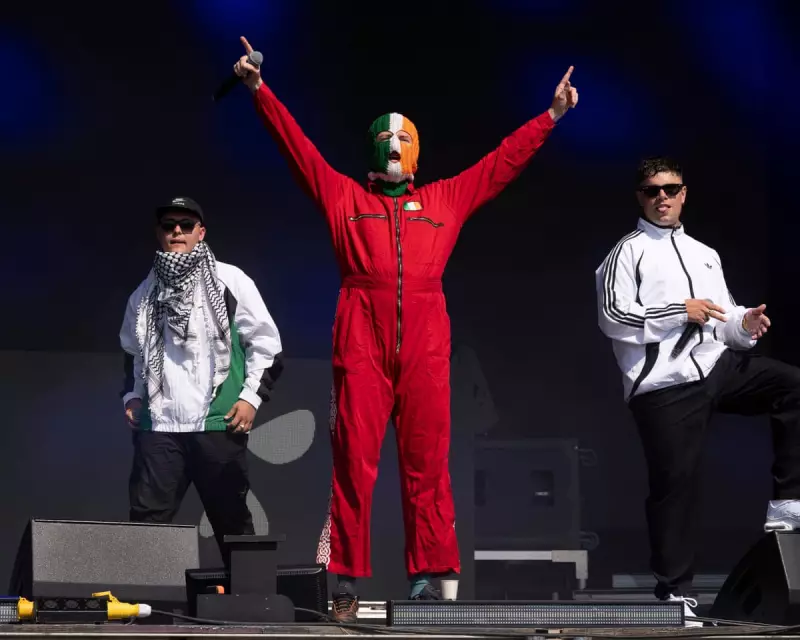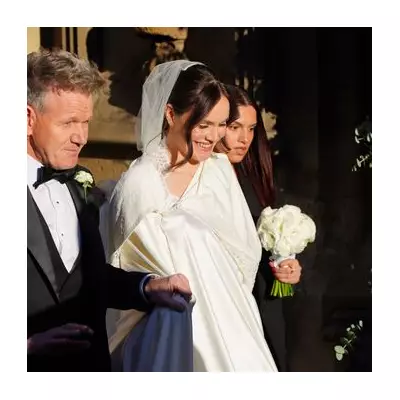
The incendiary Belfast rap trio Kneecap has been barred from entering Canada, sparking a major row over artistic expression and political commentary. Canadian immigration officials denied the band entry upon their arrival, citing their music's alleged glorification of historical paramilitary organisations.
The group, comprised of members Mo Chara, Móglaí Bap, and DJ Próvaí, were scheduled to perform a series of sold-out shows in Montreal and Toronto. Their management confirmed the shocking turn of events, stating the artists were deemed "inadmissible" to the country under Canada's strict immigration laws.
Artistic Expression or Glorification?
At the heart of the controversy is the band's provocative style, which uses satire, Irish language, and often incendiary imagery to comment on post-Troubles Northern Irish society. Their lyrics and performances frequently reference historical figures and events, which Canadian authorities have interpreted as promoting violence.
In a formal statement, the band's representatives vehemently contested the decision: "This is a blatant act of censorship and a fundamental misunderstanding of Kneecap's artistic intent. Their work is a critique of the past, not an endorsement of it."
A Pattern of Provocation and Backlash
This is not the first time Kneecap's politically-charged artistry has courted controversy. The band has:
- Faced criticism from some political quarters in Northern Ireland for their lyrical content.
- Built a massive following for their unapologetic exploration of complex national and cultural identities.
- Successfully used their platform to promote the Irish language to a new, young audience.
Despite the backlash, their debut film recently premiered to critical acclaim at the Sundance Film Festival, highlighting the dichotomy between their artistic recognition and political notoriety.
Broader Implications for Artistic Freedom
The ban raises significant questions about the intersection of art, politics, and border control. It sets a concerning precedent for other artists whose work engages with complex or contentious historical and political themes. The decision effectively punishes artistic commentary, blurring the line between glorification and critical examination.
Fans and free speech advocates have taken to social media to express their outrage, with many labelling the ban as an overreach that stifles important cultural dialogues. The band's management has indicated they are exploring all possible avenues to challenge the decision, though the immediate cancellation of their Canadian tour is a significant financial and professional blow.
This incident firmly places Kneecap at the centre of a global debate on whether governments should be the arbiters of artistic meaning and intent.





